
Vibrant Hippodrome: The Cultural Heartbeat of Bamako
Nestled in the bustling city of Bamako, Mali, the Hippodrome neighbourhood is a vibrant and dynamic area that offers visitors a rich tapestry of cultural experiences. This lively district is known for its bustling markets, vibrant nightlife, and a palpable sense of community that warmly welcomes tourists from all corners of the globe. The Hippodrome is a hub for local arts and crafts, where visitors can explore a myriad of stalls selling everything from traditional Malian textiles to handmade jewelry. The neighbourhood is also home to a variety of restaurants and cafes, where you can sample delicious Malian cuisine, such as jollof rice, grilled meats, and fresh mangoes. At night, the Hippodrome truly comes alive with music and dance. The local bars and clubs offer an eclectic mix of traditional Malian music, Afrobeat, and international hits, making it the perfect place to experience Bamako's vibrant nightlife. Whether you're looking to shop, dine, or dance the night away, the Hippodrome neighbourhood has something for everyone.
Local tips in Hippodrome
- Visit the local markets in the morning for the freshest produce and unique souvenirs.
- Try traditional Malian dishes at local restaurants for an authentic culinary experience.
- Experience the nightlife at local bars and clubs, especially on weekends for the best atmosphere.
- Wear comfortable shoes as the neighbourhood is best explored on foot.
- Brush up on basic French phrases; it will help you navigate and communicate with locals more easily.
Vibrant Hippodrome: The Cultural Heartbeat of Bamako
Nestled in the bustling city of Bamako, Mali, the Hippodrome neighbourhood is a vibrant and dynamic area that offers visitors a rich tapestry of cultural experiences. This lively district is known for its bustling markets, vibrant nightlife, and a palpable sense of community that warmly welcomes tourists from all corners of the globe. The Hippodrome is a hub for local arts and crafts, where visitors can explore a myriad of stalls selling everything from traditional Malian textiles to handmade jewelry. The neighbourhood is also home to a variety of restaurants and cafes, where you can sample delicious Malian cuisine, such as jollof rice, grilled meats, and fresh mangoes. At night, the Hippodrome truly comes alive with music and dance. The local bars and clubs offer an eclectic mix of traditional Malian music, Afrobeat, and international hits, making it the perfect place to experience Bamako's vibrant nightlife. Whether you're looking to shop, dine, or dance the night away, the Hippodrome neighbourhood has something for everyone.
Iconic landmarks you can’t miss
Mali National Park.
Discover Bamako's green heart: Mali National Park offers nature trails, cultural experiences, and a peaceful escape in the city's vibrant landscape.
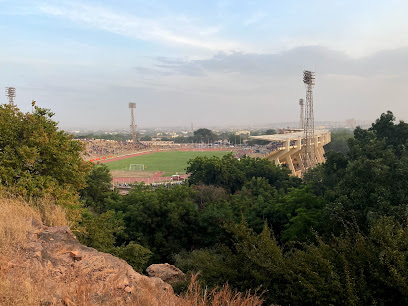
Grande Mosquée de Bamako
Discover the Grande Mosquée de Bamako, a symbol of Islamic faith and architectural grandeur in Mali's capital.
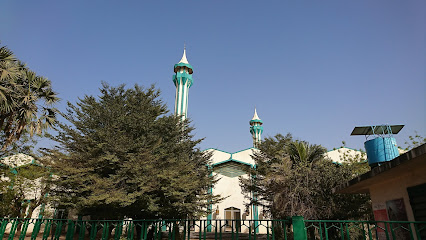
Monument of Independence
A striking monument in Bamako commemorating Mali's independence, blending modern design with traditional motifs in a garden setting.
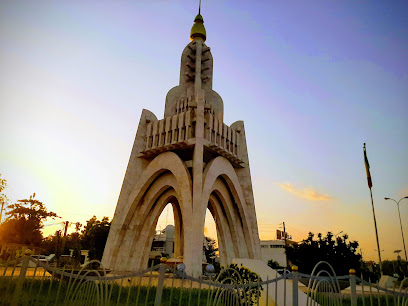
Ali Farka Toure Monument
A Bamako monument honoring Ali Farka Toure, the Malian blues icon, celebrating Mali's rich musical heritage and cultural pride.
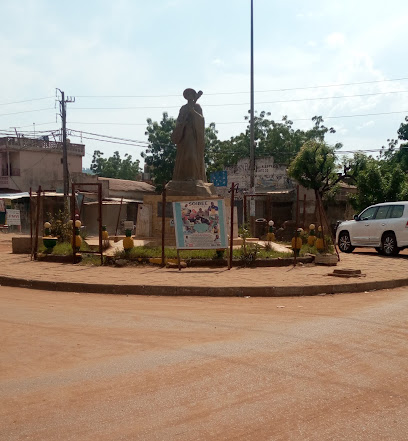
Cathedral of the Sacred Heart of Bamako
Discover Bamako's architectural gem, a symbol of faith and colonial history, in the heart of the city's commercial center.
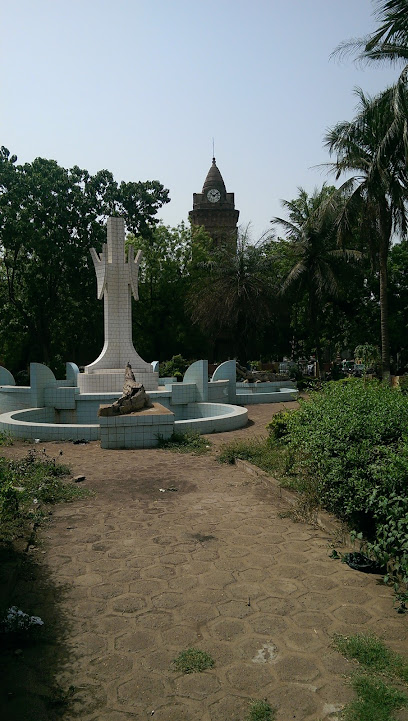
Casino de l'Amitié à Bamako
Experience the thrill of Casino de l'Amitié in Bamako, a hub of entertainment, culture, and vibrant nightlife in the heart of Mali.
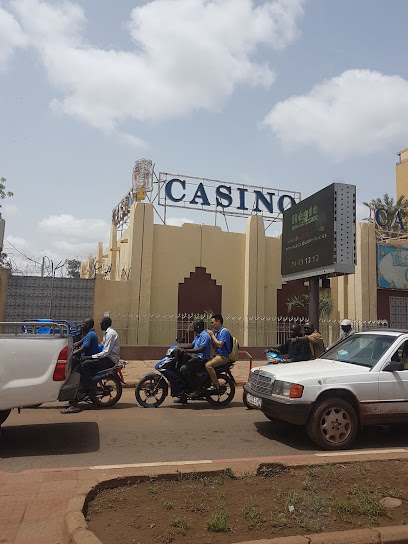
Monument de la Paix
Discover Bamako's Monument de la Paix: A symbol of Mali's journey towards peace, unity, and cultural richness. A landmark of hope and reconciliation.
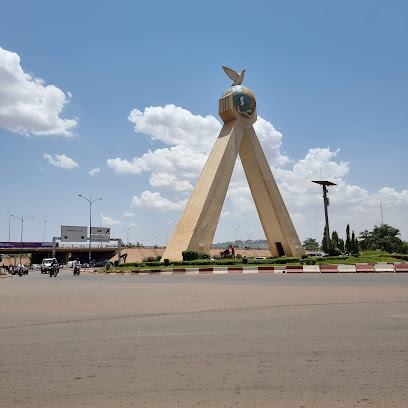
Monument Abdoulaye soumare
A historical landmark in Bamako honoring Mali's first army chief, Abdoulaye Soumare, and the nation's journey to independence.

Monument Nkouamé Nkruma
A Bamako landmark honoring Kwame Nkrumah and Pan-African ideals, offering a serene space for reflection and cultural immersion.
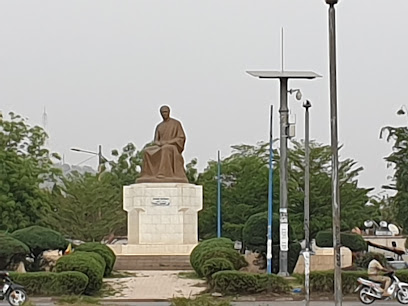
Bienvenue / Welcome in Bamako
Discover the vibrant culture, rich history, and warm hospitality of Bamako, the heart of Mali, where every moment is a journey into West Africa's soul.
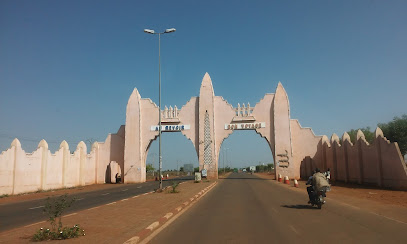
Mémorial Modibo Kéita
Explore the legacy of Mali's first president at this Bamako memorial, featuring historical exhibits and tranquil gardens.
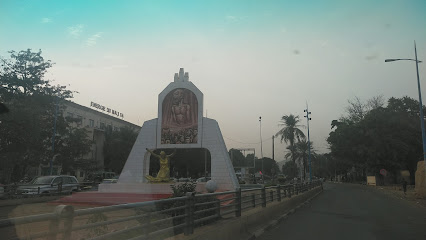
L'obélisque des idéogrammes
Discover L'obélisque des idéogrammes in Bamako, a monument honoring African writing systems and the rich cultural heritage of Mali.
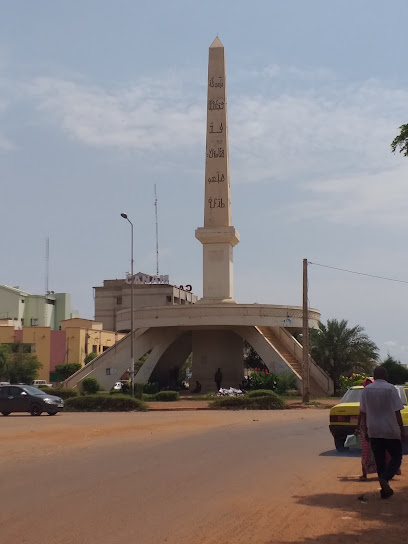
Terrain de football hippodrome 1
Experience the lively spirit of Bamako at Terrain de football Hippodrome 1, a playground where football brings the community together.

Amphi Theatre 1000 Places
Experience Bamako's vibrant culture at Amphi Theatre 1000 Places, a hub for local performances, educational events, and community engagement.

Hippodrome
Discover the heart of Bamako at the Hippodrome, a vibrant cultural association celebrating Mali's rich traditions through art, music, and community events.

Unmissable attractions to see
Tower Of Africa
Explore Bamako's Tower of Africa, a heritage museum celebrating the continent's unity and rich cultural history, with stunning views and engaging exhibits.
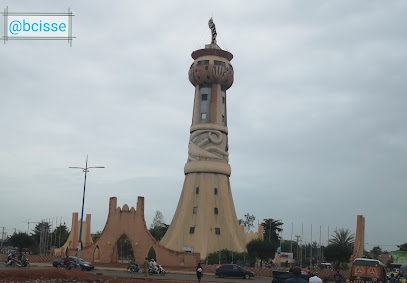
Monument of Independence
Discover the Monument of Independence in Bamako: a striking symbol of freedom that embodies Mali's rich history and culture.
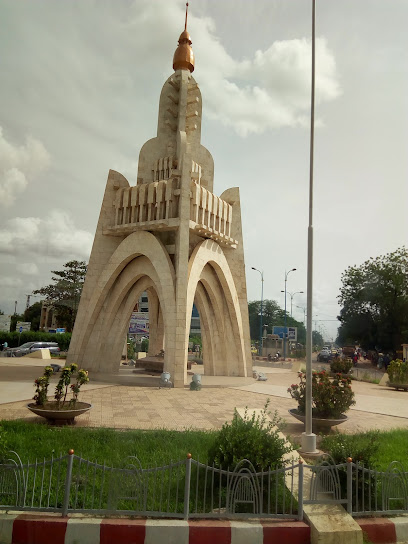
Essential places to dine
Burger Time
Experience the vibrant flavors of Bamako at Burger Time - where delicious burgers meet delightful pastries in a cozy atmosphere.
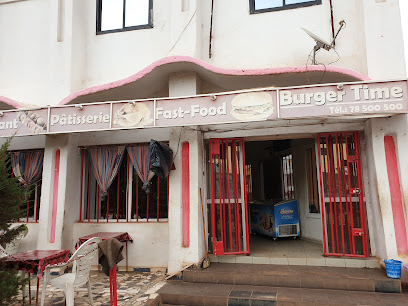
Le Concertok
Discover the authentic tastes of Mali at Le Concertok in Bamako—where local flavors meet vibrant ambiance.
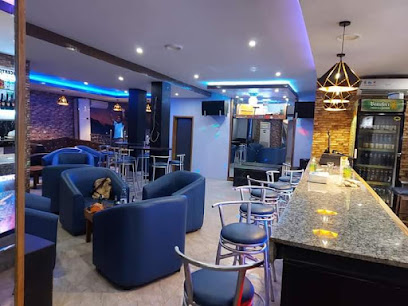
Il Mondo
Experience the best of Italian cuisine at Il Mondo in Bamako – where every meal is a celebration of flavor.
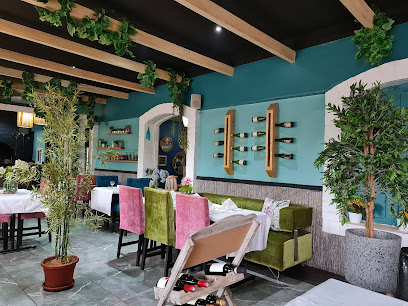
Returaurant LA TONNELLE
Experience authentic Malian cuisine blended with international flavors at Restaurant LA TONNELLE in Bamako's vibrant Hippodrome district.
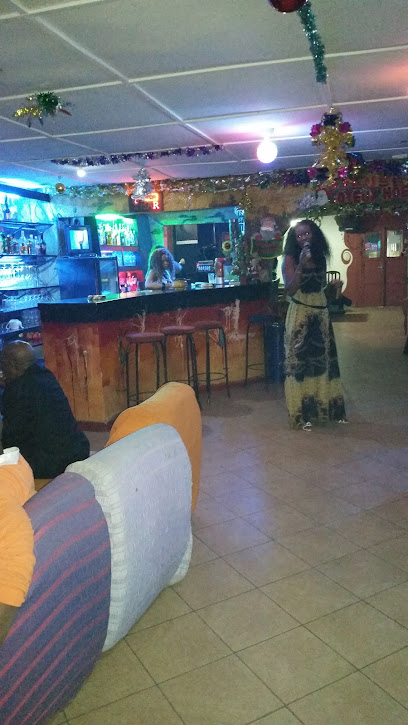
Restaurant Sénégalais
Savor authentic Senegalese cuisine in Bamako at Restaurant Sénégalais, where every dish reflects the rich heritage of West Africa.

RESTAURANT NANA
Experience authentic Malian cuisine at Restaurant Nana in Bamako - where every meal tells a story.

Les Ambassades
Experience the best of Malian barbecue at Les Ambassades in Bamako – where every bite tells a story of flavor and tradition.
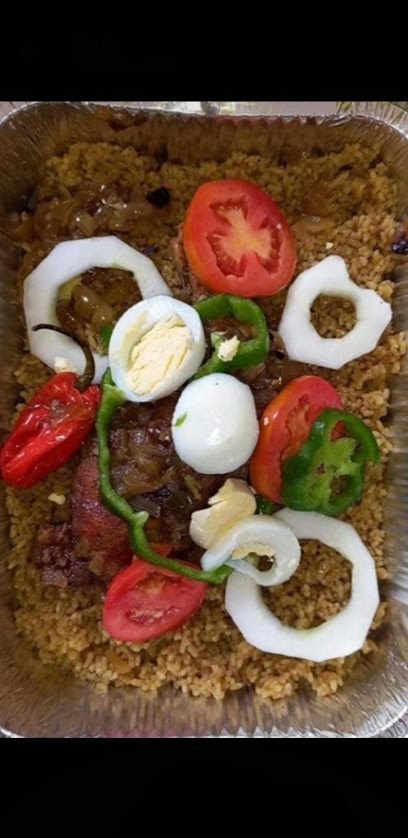
Poulet Poulet
Experience authentic Malian cuisine with signature chicken dishes at Poulet Poulet in the heart of Bamako.
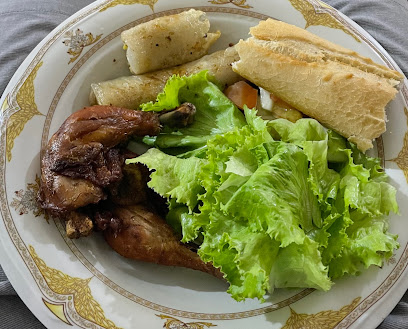
Palermo Pizza Place
Discover authentic Italian cuisine at Palermo Pizza Place in Bamako—where every pizza tells a story.

Restaurant GWABUGU
Experience authentic Malian cuisine at Restaurant GWABUGU in Bamako's vibrant Hippodrome district.
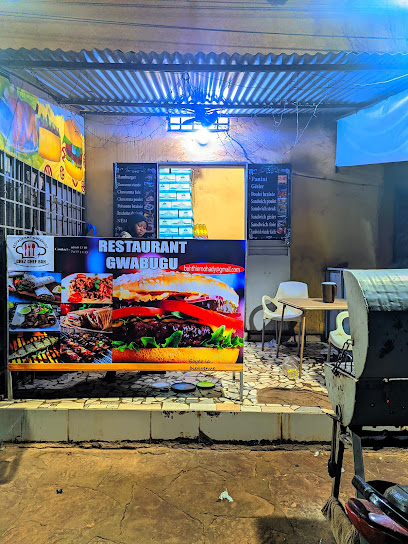
Markets, malls and hidden boutiques
La caverne de Djeneba
Explore La Caverne de Djeneba, your gateway to authentic Malian crafts and unique souvenirs in the heart of Bamako.
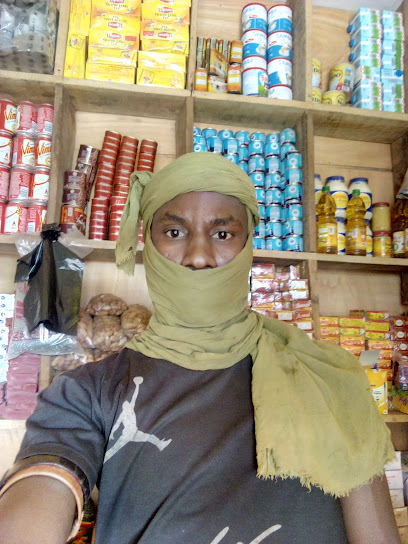
K-SHOP
Explore K-SHOP, Bamako's premier gift shop offering authentic Malian crafts, souvenirs, and a vibrant cultural experience.

Aly-boutique
Discover Bamako's vibrant shopping scene at Aly-Boutique, featuring unique local crafts, fashion, and delicious eateries in a lively atmosphere.

SUNDEEP BOUTIQUE
Shop for unique Malian crafts and textiles at Sundeep Boutique, a vibrant store in Bamako that reflects the rich culture of Mali.

Il & elle shop
Discover the charm of Il & Elle Shop in Bamako, where local craftsmanship meets unique shopping experiences.
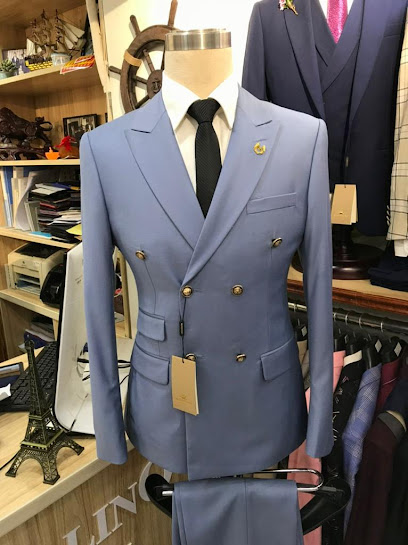
Boutique Bamako soukounikoura
Explore the heart of Mali's craftsmanship at Boutique Bamako Soukounikoura: a vibrant store filled with unique textiles, art, and local culture.

Hawa Boutique
Explore the vibrant culture of Mali at Hawa Boutique, where unique clothing and artisan crafts await in the heart of Bamako.

Balde boutique
Discover the essence of Mali at Balde Boutique, where unique local crafts and fashion await in the heart of Bamako's vibrant Hippodrome district.

MARCHE CHINOIS
Explore the vibrant Marche Chinois in Bamako for unique gifts and a taste of Malian culture through its colorful handicrafts and souvenirs.

TOTAL TOOLS Boutique HIPPODROME
Discover unique Malian treasures at TOTAL TOOLS Boutique HIPPODROME, the ultimate consignment shop in Bamako for authentic souvenirs.
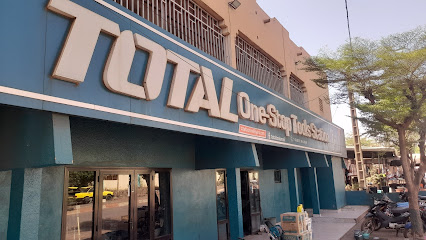
Essential bars & hidden hideouts
Bla Bla Bar
Discover the lively atmosphere of Bla Bla Bar in Bamako, where local culture meets vibrant nightlife and refreshing drinks.
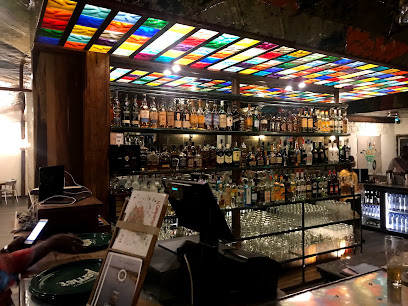
IBIZA SKY
Discover the best Italian dining experience in Bamako at Ibiza Sky, where exquisite flavors meet a lively lounge atmosphere.
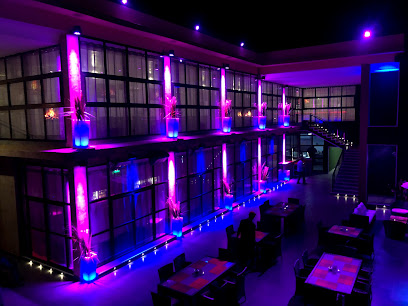
Chicago club
Experience the lively nightlife at Chicago Club in Bamako, where music, dance, and cocktails create unforgettable moments.
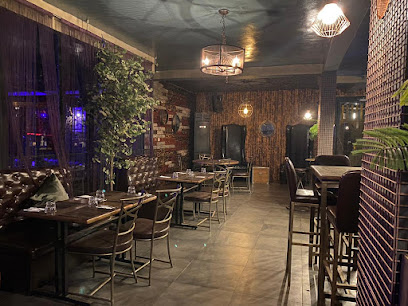
gentleman s club
Discover Bamako's lively gentleman's club, a hotspot for nightlife, music, and unforgettable experiences in the heart of Mali's capital.
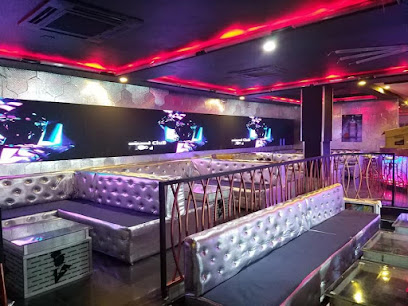
Fazenda
Discover the vibrant nightlife of Bamako at Fazenda, where local culture meets a lively bar atmosphere, perfect for unwinding with friends.

Hangover Bamako
Experience the vibrant nightlife of Bamako at Hangover Bamako, where local culture meets international flair in a lively bar setting.
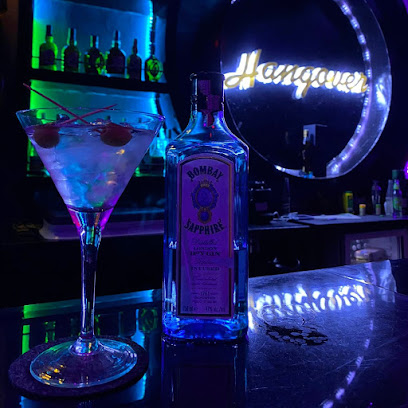
Les Ambassades
Experience the authentic taste of Mali at Les Ambassades, a premier barbecue restaurant in Bamako serving up delicious grilled delights.
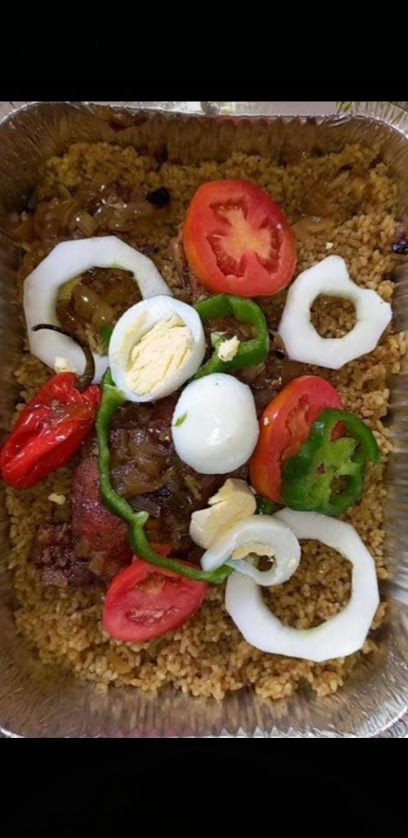
3ème Da (Arrondissement)
Experience the lively culture and vibrant nightlife at 3ème Da (Arrondissement), a must-visit pub in Bamako's heart.

Desi Tadka
Discover the authentic taste of India at Desi Tadka, a vibrant bar in Bamako offering exquisite dishes and a warm atmosphere.
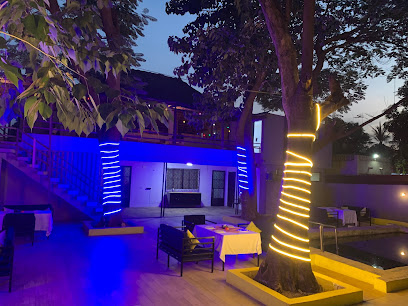
ONE BEER LOUNGE DU BAR CODE
Discover the lively atmosphere and local flavors at ONE BEER LOUNGE DU BAR CODE, a top bar destination in Bamako for nightlife enthusiasts.

Local Phrases
-
- HelloNyaara
[nyaa-rah] - GoodbyeI ni sogoma
[ee nee soh-goh-mah] - YesEe
[ee] - NoAyoko
[ah-yoh-koh] - Please/You're welcomeAw ye
[ah-oo yeh] - Thank youI ni ce
[ee nee cheh] - Excuse me/SorryK'an bɛn
[kahn behn] - How are you?N'tɛnɛn?
[n'teh-nen] - Fine. And you?Ka tɛnɛ.
[kah teh-nen] - Do you speak English?K'an laari Angaleeyankɛ?
[kahn lah-ree ahn-gah-lee-yahn-kay] - I don't understandMɔgɔ n'a kɛnɛ
[moh-goh nah keh-ne]
- HelloNyaara
-
- I'd like to see the menu, pleaseKa bɛ ka kɔgɔn bɛn, aw ye
[kah beh kah koh-gohn behn, ah-oo yeh] - I don't eat meatMɔgɔ n'a tɛ kɔrɔ
[moh-goh nah teh koh-roh] - Cheers!Jaaraama
[jah-rah-mah] - I would like to pay, pleaseKa bɛ ka bɔ
[kah beh kah boh]
- I'd like to see the menu, pleaseKa bɛ ka kɔgɔn bɛn, aw ye
-
- Help!Seke
[seh-keh] - Go away!Tunu
[too-noo] - Call the Police!Tɛ kɔgɔ ka Polisi!
[teh koh-gohn kah poh-lee-see] - Call a doctor!Tɛ kɔgɔ ka dokotɛri!
[teh koh-gohn kah doh-koh-teh-ree] - I'm lostMɔgɔ n'a taa
[moh-goh nah tah] - I'm illMɔgɔ n'a ka tɔgɔ
[moh-goh nah kah toh-goh]
- Help!Seke
-
- I'd like to buy...Ka bɛ kɛ...
[kah beh keh] - I'm just lookingMɔgɔ n'a ka kɛ
[moh-goh nah kah keh] - How much is it?I ka kɔnɔ?
[ee kah koh-noh] - That's too expensiveI n'a kɔnɔ ka tɔgɔ
[ee nah koh-noh kah toh-goh] - Can you lower the price?Ka tun kɛ?
[kah toon keh]
- I'd like to buy...Ka bɛ kɛ...
-
- What time is it?An bɛ ka di?
[ahn beh kah dee] - It's one o'clockAn kɔnɔ sun
[ahn koh-noh soon] - Half past (10)Kɔnɔ sun (10)
[koh-noh soon (10)] - MorningKelen
[keh-lehn] - AfternoonSɛgɛ
[seh-geh] - EveningNya
[nyah] - YesterdayKunu
[koo-noo] - TodayBi
[bee] - TomorrowSini
[see-nee] - 1Kelen
[keh-lehn] - 2Filen
[fee-lehn] - 3Saba
[sah-bah] - 4Naani
[nah-nee] - 5Duuru
[doo-roo] - 6Worodugu
[woh-roh-doo-goo] - 7Karayamɛ
[kah-rah-yah-meh] - 8Kawɔkɔra
[kah-woh-koh-rah] - 9Saba worodugu
[sah-bah woh-roh-doo-goo] - 10Saba kelen
[sah-bah keh-lehn]
- What time is it?An bɛ ka di?
-
- Where's a/the...?N'aa ka...?
[nah kah] - What's the address?An bɛ ka wari?
[ahn beh kah wahr-ee] - Can you show me (on the map)?Ka taa ka kɛnɛ (kɛnɛsa)?
[kah tah kah keh-ne (keh-neh-sah)] - When's the next (bus)?An kɔnɔ kɛ (sɛɛnɛ tɛ)?
[ahn koh-noh keh (seh-eh-nen teh)] - A ticket (to ....)Kɛnɛ
[keh-ne]
- Where's a/the...?N'aa ka...?
History of Hippodrome
-
Hippodrome, a vibrant neighborhood in Bamako, emerged during the French colonial period in the late 19th and early 20th centuries. As Bamako was established as the administrative center of French Sudan, Hippodrome was developed as part of the urban expansion, incorporating European architectural styles and infrastructure that catered to the colonial elite and military.
-
The 1950s marked a significant turning point for Hippodrome as Malians began to assert their national identity and push for independence from French colonial rule. The area became a focal point for political gatherings and demonstrations, with local leaders rallying support for the cause of sovereignty. This period fostered a sense of community and activism among the residents.
-
Hippodrome has always been a cultural melting pot, reflecting the diverse ethnic groups of Mali, including the Bambara, Dogon, and Tuareg. This vibrant neighborhood showcases a rich tapestry of traditions, languages, and culinary delights, making it a hub for cultural exchange. Festivals and local markets often feature traditional music, dance, and crafts, highlighting the area's historical roots.
-
In the late 20th and early 21st centuries, Hippodrome experienced significant urban development and modernization. Infrastructure improvements, such as roads and public transportation, were introduced, enhancing connectivity with other parts of Bamako. This period also saw the establishment of various educational and health institutions, contributing to the neighborhood's growth and accessibility.
-
Like many neighborhoods in Bamako, Hippodrome has faced challenges, including economic fluctuations and urban migration. However, the resilience of the community has shone through, with local initiatives aimed at preserving cultural heritage and promoting sustainable development. Residents continue to maintain the neighborhood's unique character while adapting to modern realities.
Hippodrome Essentials
-
Hippodrome is centrally located in Bamako and accessible from various neighborhoods in the city. Taxis are the most convenient mode of transport, and you can find them readily available. From the city center, a taxi ride to Hippodrome typically takes around 15-20 minutes. Buses and shared taxis (clandos) also operate routes to Hippodrome, providing a more budget-friendly option. Make sure to ask locals for the best bus routes to take.
-
Hippodrome is best explored on foot, as many attractions are within walking distance. Taxis and motorbike taxis (zemidjans) are widely available for longer distances. Public buses run through the neighborhood, although they can be crowded and infrequent. Renting a bicycle is another option for those looking to navigate the area at their own pace, but be cautious of traffic.
-
Hippodrome is generally safe for tourists, but standard precautions should be observed. Avoid walking alone at night, especially in poorly lit areas. While violent crime is rare, petty crime such as pickpocketing can occur in crowded places. Areas such as the outskirts of Hippodrome and certain alleyways may have higher crime rates, so it is advisable to stay vigilant.
-
In case of an emergency, dial 15 for police assistance or 18 for fire services. For medical emergencies, visit the nearest hospital or clinic, such as the Gabriel Touré Hospital. It is highly recommended to have travel insurance that covers emergencies. Keep a list of emergency contacts handy, including the local embassy or consulate.
-
Fashion: Do dress modestly, especially in public places and when visiting places of worship. Avoid revealing clothing. Religion: Do be respectful of local customs and practices; always ask before taking photos of people or sacred sites. Public Transport: Do give up your seat for elderly passengers. Don’t play loud music or engage in disruptive behavior on public transport. Greetings: Do greet locals with a handshake or 'Salam Alaikum'. Eating & Drinking: Do try local dishes like ‘tiguadege’ (a peanut-based stew) and accept offers of food. Don’t consume food or drink in public areas unless it is a communal setting.
-
To experience Hippodrome like a local, visit the local markets, such as the Hippodrome Market, where you can find fresh produce and local crafts. Engage with the friendly locals and don’t hesitate to ask about their way of life. Try to partake in local events or gatherings, as these can provide insight into the culture. Joining a guided tour can also enhance your experience by giving you historical context about the neighborhood.
Trending Landmarks in Hippodrome
-
Mali National Park.
-
Grande Mosquée de Bamako
-
Monument of Independence
-
Ali Farka Toure Monument
-
Cathedral of the Sacred Heart of Bamako
-
Casino de l'Amitié à Bamako
-
Monument de la Paix
-
Monument Abdoulaye soumare
-
Monument Nkouamé Nkruma
-
Bienvenue / Welcome in Bamako
-
Mémorial Modibo Kéita
-
L'obélisque des idéogrammes
-
Terrain de football hippodrome 1
-
Amphi Theatre 1000 Places
-
Hippodrome
Nearby Cities to Hippodrome
-
Things To Do in Faranah
-
Things To Do in Bobo-Dioulasso
-
Things To Do in Dédougou
-
Things To Do in Voinjama
-
Things To Do in Sanniquellie
-
Things To Do in Ouahigouya
-
Things To Do in Koudougou
-
Things To Do in Ganta
-
Things To Do in Magburaka
-
Things To Do in Kenema
-
Things To Do in Gbarnga
-
Things To Do in Wa
-
Things To Do in Daloa
-
Things To Do in Port Loko
-
Things To Do in Ouagadougou







